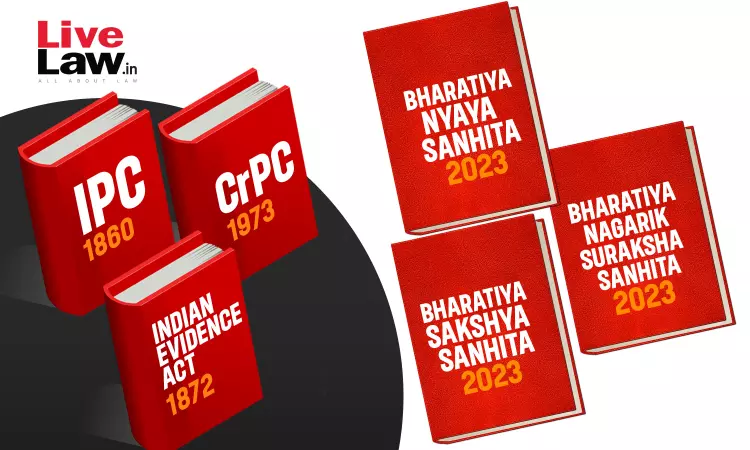An advocate, P. V. Jeevesh filed a Public Interest Ligitaion before the Kerala High Court challenging the act of Union of India giving titles in Hindi to the 3 new Criminal Acts – Bharatiya Nyaya Suraksha Sanhita, Bharatiya Nyaya Sanhita and Bharatiya Sakshya Adhiniyam.The petition will be heard by the division bench comprising Chief Justice A J Desai and Justice V G Arun on May 29,...

